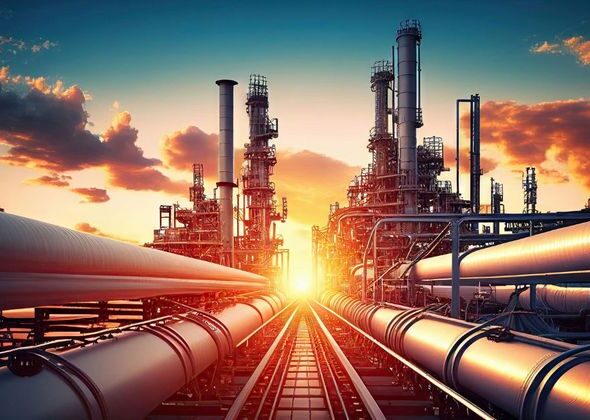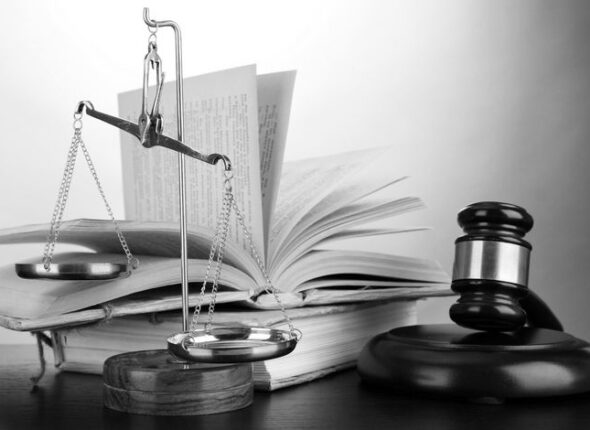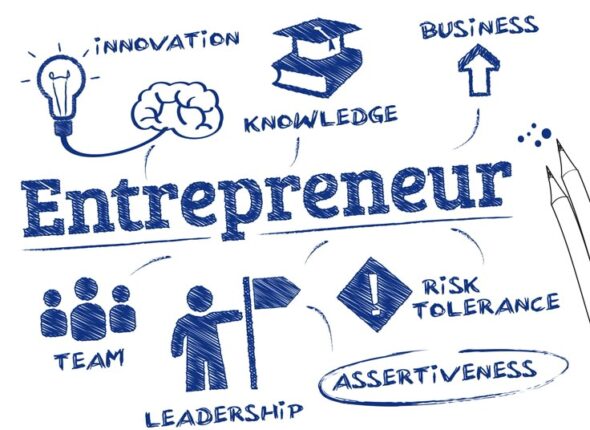


🧾 Course Overview
This course introduces the foundational concepts of Process Instrumentation and Control — a vital discipline in industrial engineering that ensures efficient, safe, and automated operations across industries. Unit 1 walks you through the key roles of sensors, controllers, actuators, and feedback loops used to maintain process variables like temperature, flow, pressure, and level. You’ll gain insight into how I&C systems are essential in sectors such as oil and gas, pharmaceuticals, food processing, and manufacturing. Whether it’s monitoring a furnace’s heat or automating a fluid system, process control plays a pivotal role in quality, safety, and productivity.
✅ Learn How To:
-
Understand what process instrumentation and control (I&C) means in industrial systems
-
Identify the primary components of a process control system
-
Differentiate between open-loop and closed-loop control systems
-
Explain key control terms such as setpoint, process variable, and manipulated variable
-
Recognize the role of sensors and actuators in real-time process regulation
-
Analyze feedback control systems using practical examples like furnace temperature control
-
Understand how disturbances impact control and how systems correct them
👥 Who This Course Is For:
-
Engineering students studying control systems or instrumentation
-
Technical operators working in oil & gas, water treatment, or manufacturing plants
-
Maintenance personnel tasked with troubleshooting control loops
-
Process engineers looking to optimize system performance and safety
-
Automation technicians moving into industrial control roles
-
Quality assurance teams monitoring system deviations and setpoint accuracy
-
Industrial interns or trainees seeking a comprehensive intro to I&C systems
Course Content
MODULE 01
-
Unit 1
-
Quiz 1
-
Unit 2
-
Quiz 2
MODULE 02
MODULE 03
Student Ratings & Reviews








